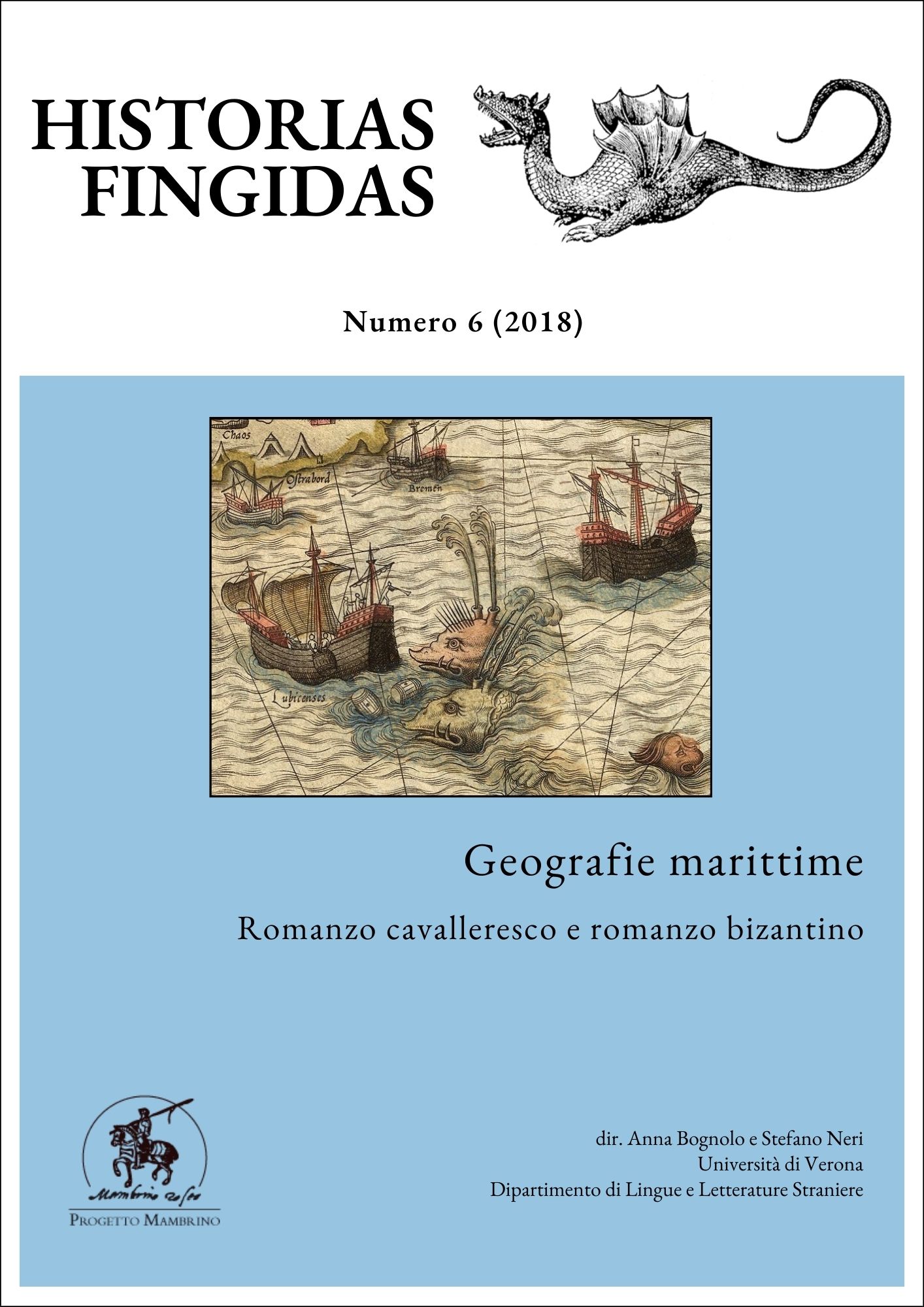Theagenes and Chariclea in Spanish Golden Age Theatre: Los hijos de la fortuna by Juan Pérez de Montalbán
DOI:
https://doi.org/10.13136/2284-2667/80Keywords:
Juan Pérez de Montalbán, Los hijos de la fortuna, Byzantine novel, Golden Age Theatre, chivalric theatreAbstract
The influence of Heliodorus’ Aethiopica in Spain spread throughout the sixteenth century and reached its apogee in the Golden Age theatre. Not only did Lope de Vega imitate the Byzantine genre: his pupil Juan Pérez de Montalbán wrote both Byzantine short novels and a play based on the adventures of Theagenes and Chariclea, titled Los hijos de la fortuna. This articles aims to analyse Montalbán’s play in order to underline the originality of the play with respect to the ancient Greek model.
Downloads
Published
Issue
Section
License
Copyright (c) 2018 Claudia Demattè

This work is licensed under a Creative Commons Attribution-NonCommercial 4.0 International License.
Authors must attend to the following conditions:- Authors will mantain the copyright of their work and leave to the journal first publishing rights, simultaneously licensed by a Creative Common License - Attribution - No Commercial Use that permits other researchers to share the work indicating the intellectual property of the author and the first publishing in this journal not for commercial use.
- Authors can adhere to other license agreements not exclusive to the distribution of the published version of their work (for example: include it in an institutional archive or publish it in a monografic book), with the agreement of indicating that the first publishing belongs to this journal.
- Authors can disseminate their work (for example in institutional repositories or their personal website) before and during the submission procedure, as it can lead to advantageous exchanges and citations of the work (see also, The Effect of Open Access).

